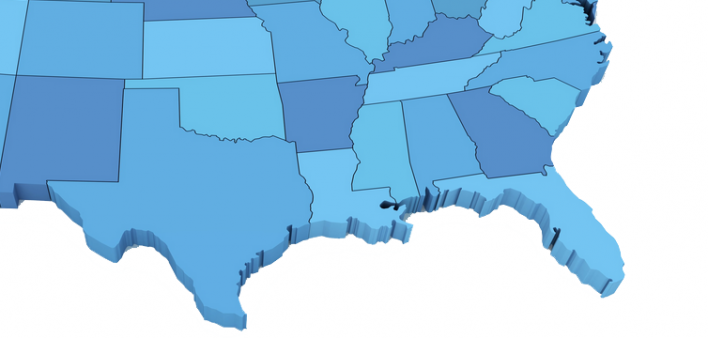A considerable dearth of health care providers with substantial experience treating HIV prevails in rural communities in the South, Contagion Live reports.
Publishing their findings in Clinical Infectious Diseases, April D. Kimmel, PhD, of Virginia Commonwealth University, and colleagues analyzed Medicaid claims data and clinician characteristics, National Center for Health data and AIDSVu data regarding 14 Southern states.
The investigators identified 5,012 health care providers who offered routine HIV care, only 13% of whom practiced in rural counties. More than 90% of the clinicians who practiced in rural counties were not considered experienced because they had not provided care for 10 or more HIV-positive Medicaid enrollees over a three-year period. Thirty percent of the overall group of health care providers were considered experienced in treating HIV.
Eighty-one percent of the counties had no providers experienced in treating HIV. Experienced clinicians were more likely to practice in urban counties versus rural ones.
Eighty-two percent of the health care providers treating HIV were physicians, while 12% were advanced practitioners, such as a nurse practitioner. Of these 4,094 physicians, just 18% were infectious disease specialists.
Of the 926 counties that the study authors analyzed, 373 had no clinicians who focused on HIV care. Nearly 60% of the counties with no HIV-focused clinicians were in rural areas. An estimated 12,000 people with diagnosed HIV lived in the counties that had no HIV-focused health care providers.
“Significant urban-rural disparities exist in HIV-experienced workforce capacity for Southern U.S. communities,” the study authors concluded. “Policies to improve equity in access to HIV-experienced clinical care for both urban and rural communities are urgently needed.”
To read the Contagion Live article, click here.
To read the study abstract, click here.







1 Comment
1 Comment